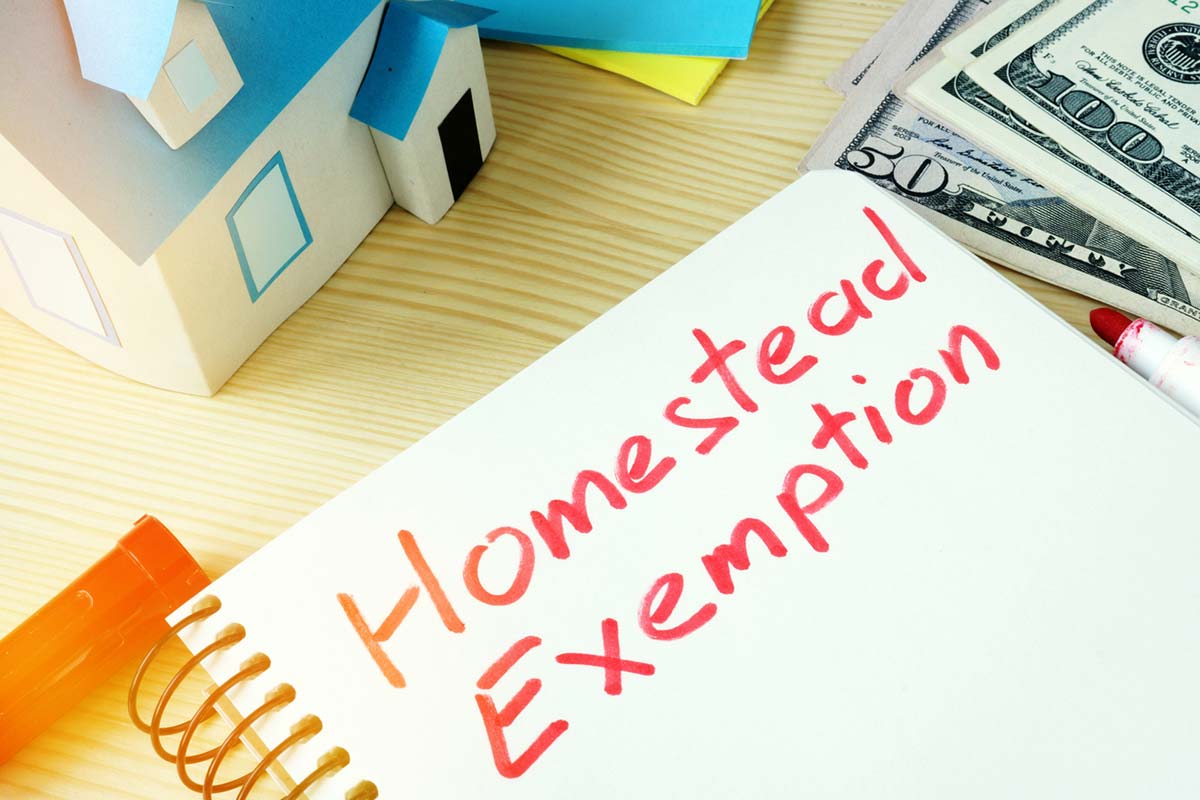On September 18, 2020, California Governor Gavin Newsom signed Assembly Bill 1885 into law, which increases the homestead exemptions in bankruptcy proceedings. This bill amends section 704.730 of the California Code of Civil Procedure and goes into effect on January 1, 2021.
The homestead exemption allows individuals or married couples to protect a certain amount of equity in their homes when they file for bankruptcy. Equity is the value of the home minus any liens on the property, such as mortgage loans. As a result of this exemption, debtors can protect at least part of the equity that they have in their personal residences from their creditors, which are the companies or persons to whom they owe debts. If the individuals have property that does not fall under one of the available bankruptcy exemptions, however, they generally must sell the property and use the proceeds to pay off their creditors.
With a homestead exemption, if you have less equity in your home than the amount of the homestead exemption, then your home is completely protected from creditors in bankruptcy, subject to a few exceptions mentioned below. If you have more equity in your home than the amount of the homestead exemption, however, then you likely would have to sell your home and use at least part of the proceeds to pay your debts.
Homestead exemptions differ from one state to the next. In at least eight states, debtors have unlimited homestead exemptions, as long as their homes meet certain criteria. Currently, the homestead exemption in California is $50,000 for a single person and up to $175,000 for a married elderly couple. These figures fall substantially below most single-family home sales prices in the state. As a result, most individuals who filed for bankruptcy ended up losing their homes.
The personal homestead exemption now will provide a baseline of $300,000 in equity, but can be as much as $600,000, depending on the median sale price for a single-family home in the county in which the home is located in the year before the individual files for bankruptcy. Debtors will be eligible to claim either a $300,000 homestead exemption or the median amount as described above, whichever is greater. Furthermore, beginning on January 1, 2022, the exemption amount will automatically adjust for inflation on an annual basis. This law significantly increases the value of the homeowner exemption for individuals filing for bankruptcy and makes it possible for more people to keep their homes, even as they are facing bankruptcy.
The new law, however, does not change any of the statutory exceptions to the homestead exemption, such as voluntary security interest like mortgages. State and federal tax liens also continue to operate as exceptions to the homestead exemption.
The recent changes to the homestead exemption may create the possibility of more people using bankruptcy to get out of overwhelming debt and get a fresh start without losing their homes. Previously, many individuals were understandably reluctant or unable to file for Chapter 7 bankruptcy, as it would displace their families from their homes. Many people also simply could not afford to move, especially with housing prices in California so high.
Talk to LBE Law Firm About Your Options
LBE Law Firm offers personalized legal representation for individuals in a wide range of legal matters, including Chapter 7 and Chapter 13 bankruptcy filings. As part of your bankruptcy review, our office will conduct a detailed review of potential consumer protection and/or Fair Debt Collection Practices Act violations. We will help you understand your rights and ensure that creditors do not violate those rights. LBE Law Firm also handles other legal matters, including immigration law, family law, contracts, and wills and estates. You can reach us at 1-424-LBE-LAW4 (1-424-523-5294) (call, text, or WhatsApp) or via email at info@lbelawfirm.com.Please consult with us today to learn more about how we can help you with your case.


